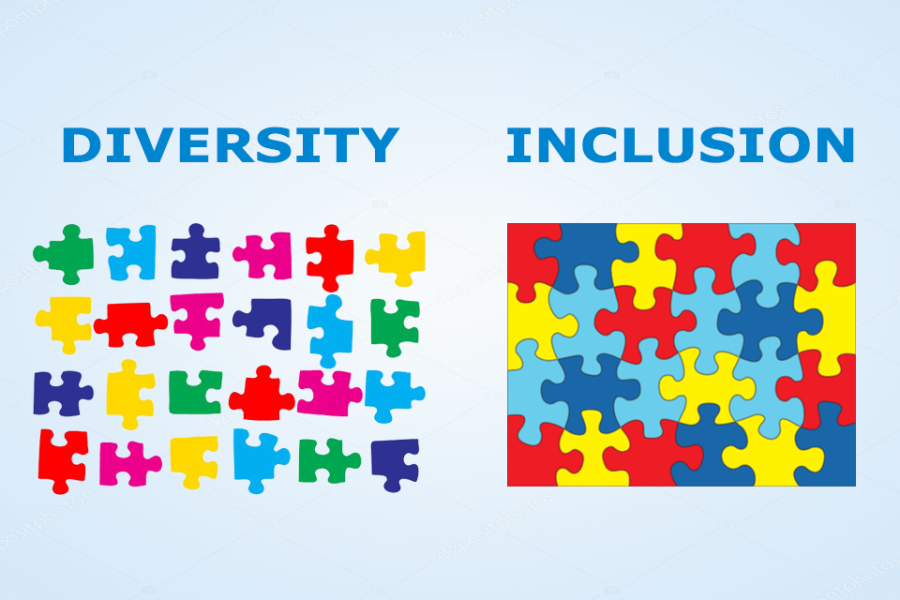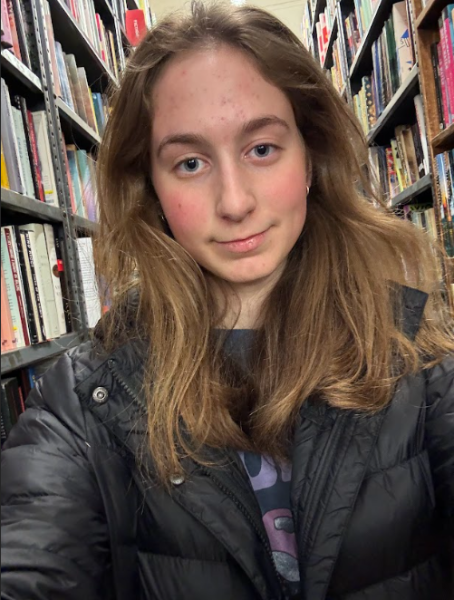WCHS places an emphasis on culture and equity
WCHS strives to include all of its diverse student body and faculty. The culture and equity forums are an important step towards this goal.
January 31, 2023
In a school as multicultural as WCHS, the administration strives to bring together and hear the varied voices of students and staff in order to create a more inclusive environment. On Jan. 18, students and parents gathered on Zoom for the WCHS forum on religious diversity, the second of many discussions on culture and equity that are part of a new initiative spearheaded by the school administration. The purpose of this initiative is to foster discussion surrounding culture and how it contributes to an individual’s daily life and participation at school.
“Culture is a component of the way that you are raised, whether that’s your religion, your race or ethnicity or the background of your family,” Partick Bilock, WCHS’s intern principal said. “Because culture is such an important part of an individual’s experience in school or anywhere in the world, we thought that it was important to have small forums to gain student voice and parent voice about how their experience at Churchill has been.”
WCHS hosted its first culture and equity discussion, the Latino Family Connection Night, on Dec. 16. The other discussions the school plans to hold are for Special Education families on Feb. 15, African American/Black students and families on March 21, and Asian students and families on April 25. These forums will provide administration with important foundational information on how they can best support and encourage diversity and what they can do better.
“With student voice and with voice data in general, what we get drives what we do with it. If it’s an overwhelmingly positive response, we’ll continue to do the things that we’re doing, but we’ll highlight them,” Bilock said. “If we receive data that is negative, even if one student has had a negative experience based off of anything they consider as a part of their culture, then we as an administrative team and school need to figure out how to make sure that doesn’t happen again and that we can promote more positive things to happen in the future.”
While the start of this initiative coincides with the release of the anti-racist audit conducted last school year concluding that systemic racism is a prevalent issue in the school system, the two are not related. WCHS had begun to plan these discussions long before receiving the results and recommendations from the audit, further emphasizing the importance of this endeavor. Ongoing data collection is imperative for any school and these particular forums were inspired by meetings conducted at Bilock’s previous school, Sligo Middle School.
“[These discussions are] a WCHS specific thing,” Bilock said. “At my previous school we had several different parent groups either monthly or every other month to provide feedback on how things were going and for us to provide information related to specific cultural groups. These groups were typically based on race and we’ve extended that. We will be working with groups of individual races, however we know that there is more to your culture and experience than your race. If we want to be doing anti-racist work, we want to make sure we are being inclusive of cultural components that don’t fall under race.”
In order for this initiative to be effective, thorough public engagement is crucial. It is imperative for the school to hear from families from all different backgrounds and their varied experiences at WCHS to gain a full understanding of the changes that need to be made.
“Everyone should be involved in this,” Carla Morrison, the past WCHS Parent Teacher Student Association (PTSA) president and current chair of the Montgomery County Council of PTA’s diversity, equity, and inclusion committee, said. “How can we not encourage people to be part of something that is helping to create the next step in our cultural advancement? We need to do this for our school, we need to do this so the upcoming students will be in a better situation than maybe our kids have been in. We’re always doing continuous improvement. Meaningful culture change is hard but the beginning of it is having discussions and conversations and as long as we’re listening and we’re asking thoughtful questions we can enact change.”
Students are also welcome to participate in these forums to share their personal experiences and perspectives as they are the ones being directly affected by administration actions. The administration is also considering other opportunities to engage students in these discussions through community circles during Pride and lunch.
“I’m particularly interested in seeing how the students can engage,” Morrison said. “We need to encourage them as much as we can because they are the future leaders of our community and this is what they deserve, they deserve to have this kind of educational support to help surround everything that they’re doing in their lives, now and moving forward. If we are not setting the baseline here for what is appropriate, what is fair, what is ethically the right thing to do, then we’re not doing the right thing by their education.”
While the culture and equity discussions are only a start for the change that must happen at WCHS, they are an important stepping stone towards the changes parents, students, and the administration want to see.
“WCHS’s goal should be to create an environment where every student thrives, feels supported and more importantly can be proud of who they are,” WCHS parent Goldie Shturman said. “The students’ high school experience shapes the foundation for their subsequent endeavors and goals, from college and beyond. Every teacher, every staff member and all the students have a responsibility towards each other that begins at Churchill but lasts a lifetime. Teachers, staff and parents should work together to teach students to embrace the diversity that makes Churchill such a special place.”



